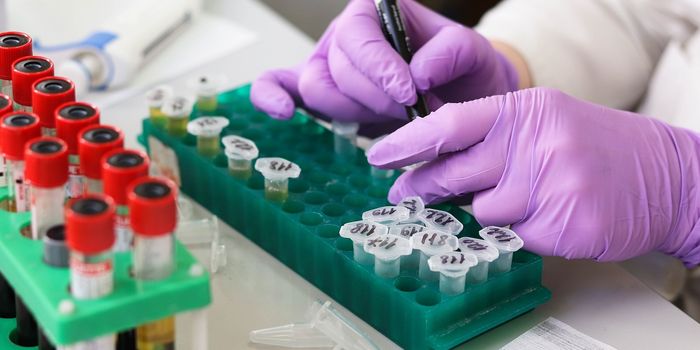Exercise Reduces Proliferation of Colon Cancer Cells
Substantial evidence supports the association between exercise and reduced risk of colon cancer. Physical activity also reduces mortality and recurrence in those diagnosed with colon cancer. However, while it is generally accepted that exercise is beneficial, the exact biological mechanisms to explain this benefit remain unclear.
Obtaining a clear and complete understanding of the biological links underlying the relationship between exercise and reduced colon cancer risk is imperative for developing the most effective treatment options for patients. A manuscript recently published in Cancer Therapy and Prevention provides some new insight into the effect of exercise on colon cancer progression.
The researchers recruited men at high risk for colon cancer to participate in the study. Recruitment criteria required participants be at least 50 years of age and have a body mass index of at least 25 kg/m2. Importantly, participants were required to be physically inactive for at least three months. Physical inactivity was defined as not engaging in 30 minutes of moderate to vigorous-intensity physical activity three times a week.
The study recruited 16 men to participate in the study. The men participated in a moderate-intensity aerobic interval exercise on a stationary bicycle. Each exercise session consisted of a 10 minute warm-up of light resistance pedaling followed by six five minute intervals achieving 60% heart rate reserve (the difference between resting and maximum heart rate). Between each of the six intervals, the participants had two and half minutes of recovery where they performed light resistance pedaling. All exercise occurred under the supervision of research staff. Researchers monitored heart rate throughout the session and took blood pressure measurements during each recovery period to ensure safety and adjust intensity if needed. Blood was drawn immediately before and after the exercise session. The participants also provided blood samples before and after 60 minutes of quiet, seated rest.
In study utilized a human colon cancer cell line known as LoVo. The LoVo cell line was derived using cells obtained from a 56-year-old patient with metastatic colon cancer. The researchers stimulated LoVo cells with serum collected from the study participants to test the effect on cell proliferation results. Increases in cancer cell proliferation results in cancer growth and this indicates a poor prognostic factor.
When stimulating LoVo cells with serum collected post-exercise, cancer cell proliferation was reduced by about 6% compared to LoVo cells stimulated with control serum. In addition, the study demonstrated that cells cultured with post-exercise serum showed less sign of DNA damage, a condition that can accelerate cancer progression. Exercise also promoted an increase in expression of the inflammatory cytokine interleukin-6 (IL-6).
The study suggests that aerobic exercise can inhibit colon cancer cell proliferation. Further, the data shows that the mechanism linking exercise to reduced colon cancer progression may occur, at least in part, by IL-6-driven regulation of DNA damage.
Sources: Med Sci Sports Exerc, J Clin Oncol, Can Ther Prev









